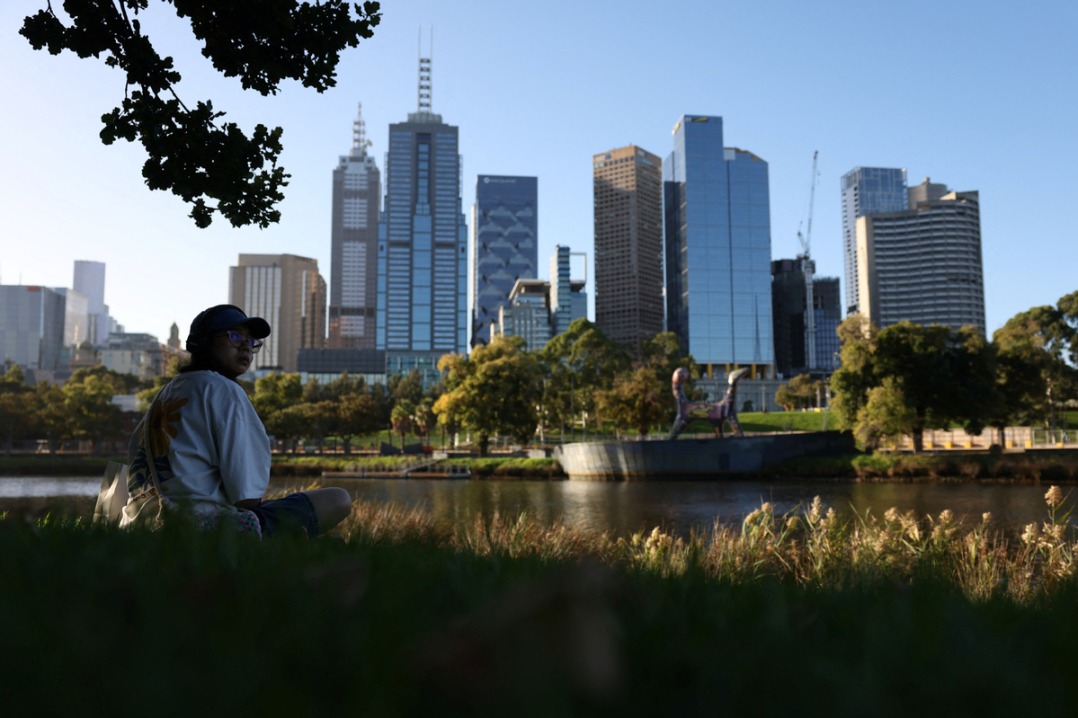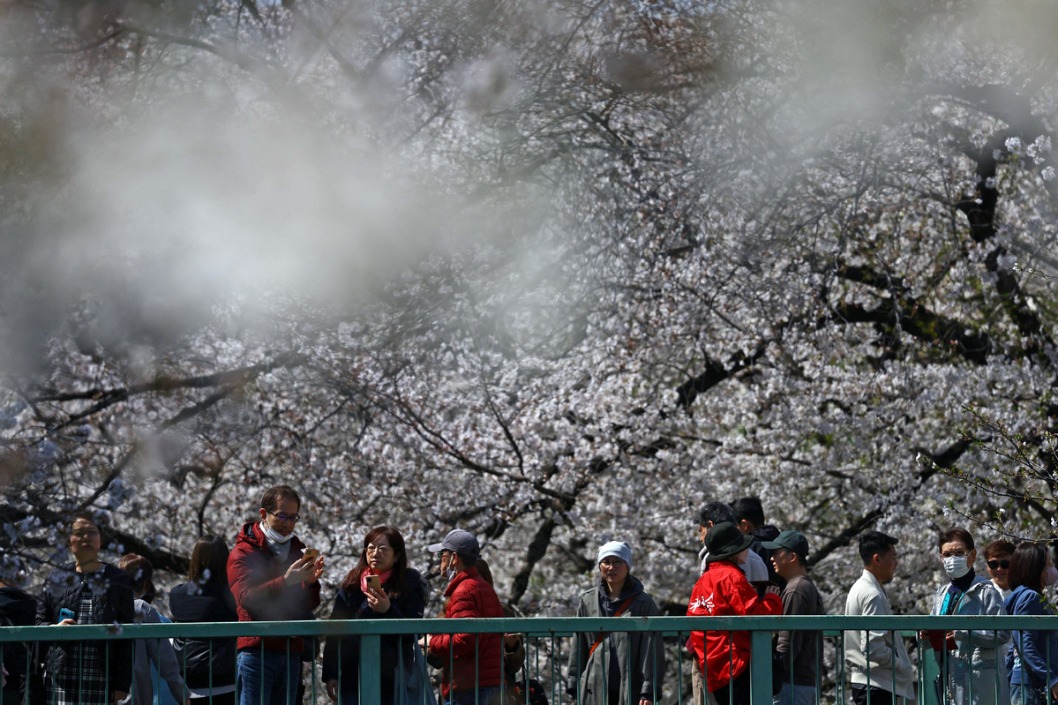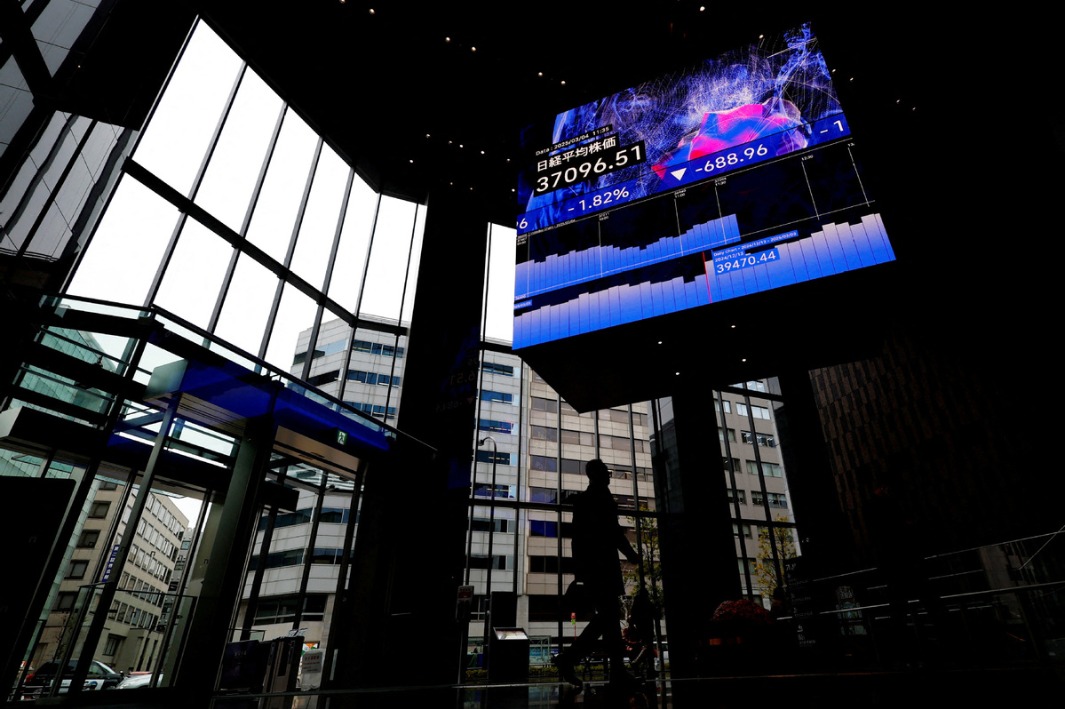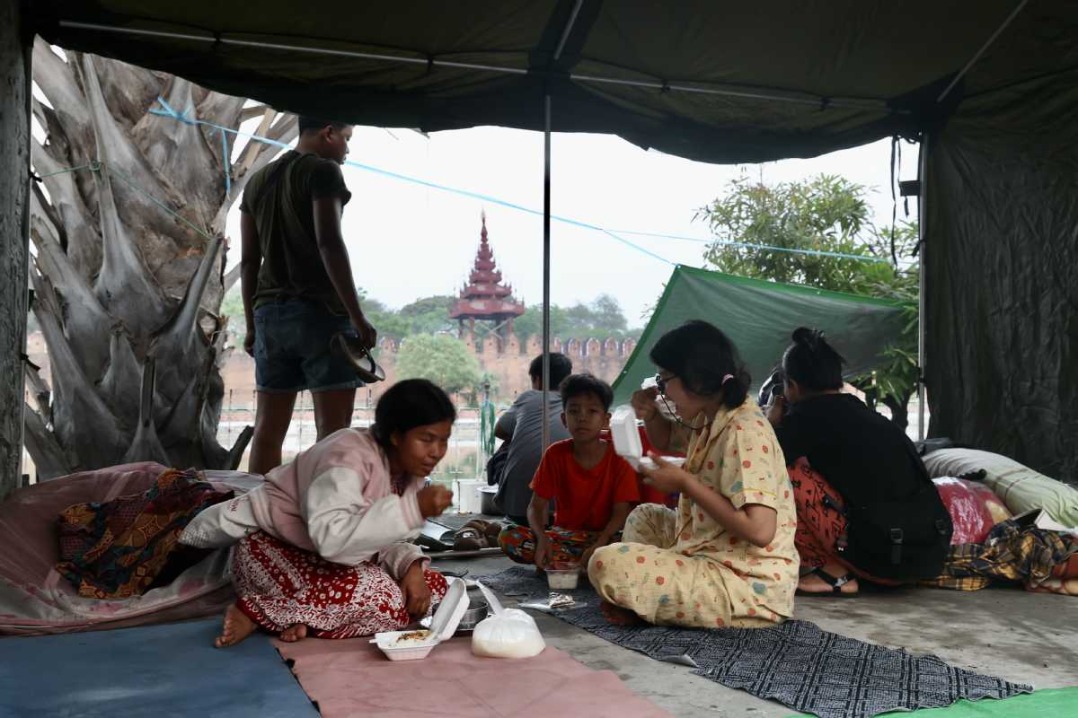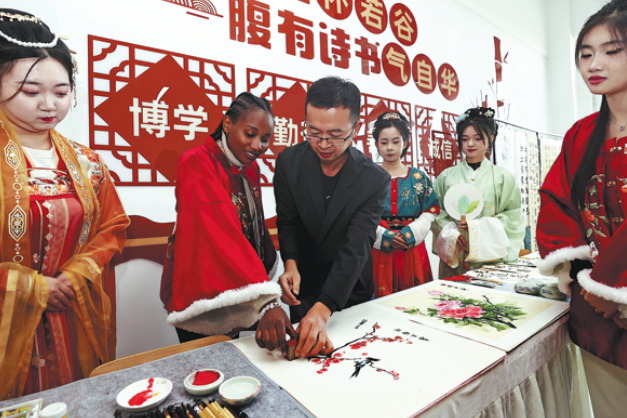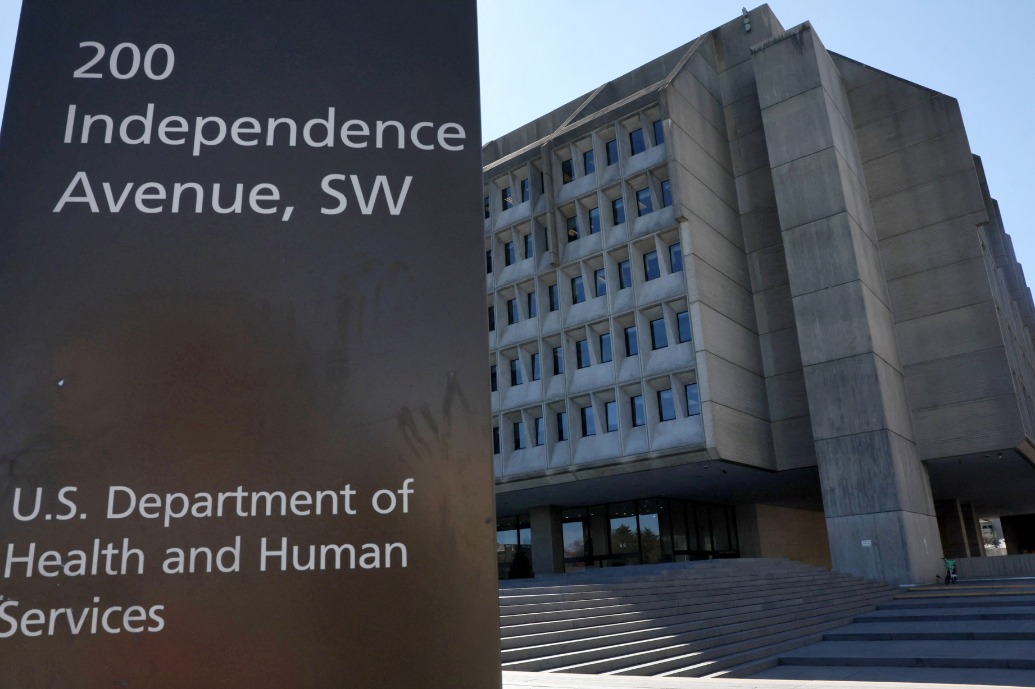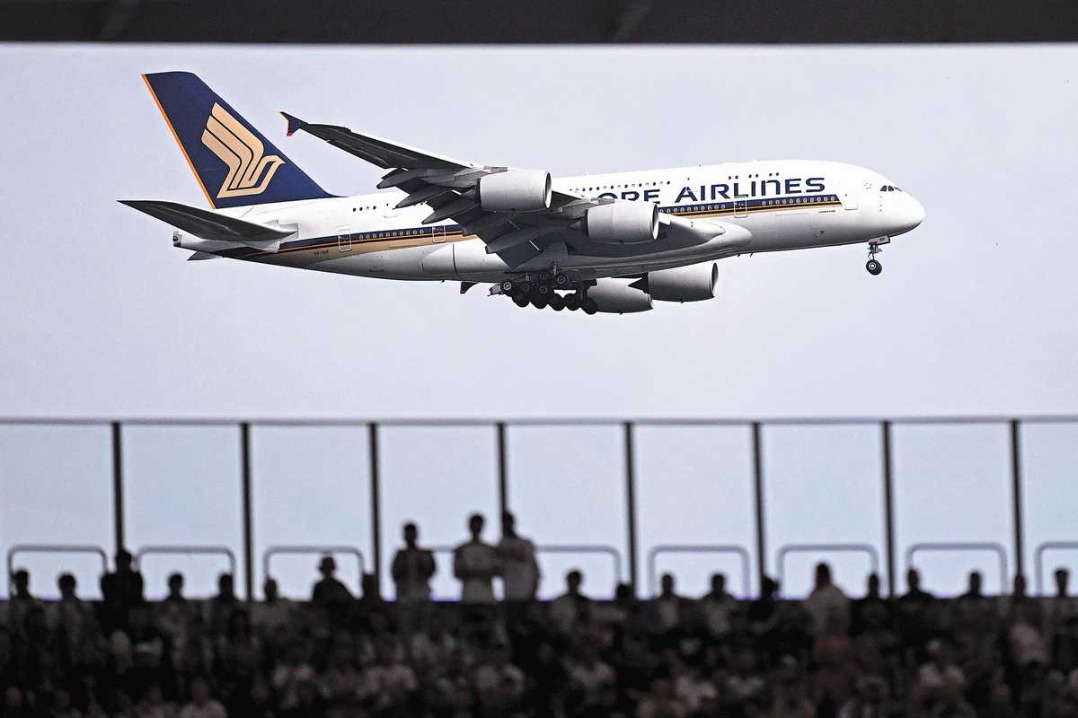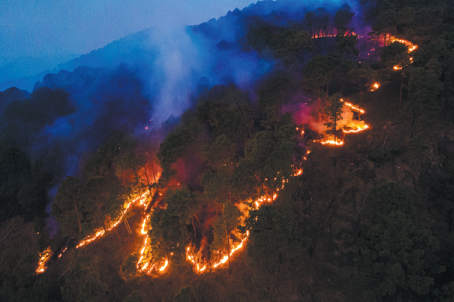With a smile and thumbs-up, thanks seen in smallest gestures

Upon arriving in Yangon, Myanmar, on Sunday evening, I rushed to Mandalay overnight with the Chinese Red Cross International Emergency Response Team that was carrying supplies.
The bus was loaded with supplies donated by Chinese social organizations. Among them were three large packages wrapped in woven bags placed in the aisles between seats.
I asked what they were and got a chilling answer that brought home the serious nature of the disaster: body bags.
After a night of rough travel, the team arrived in the city around 8 am on Monday.
It took about 14 hours on the road. I heard from the locals that it usually takes half that time to make the journey.
Many main roads were closed, so we had to take detours, and we were stopped and questioned several times by checkpoints set up by the government army.
As we approached Mandalay, the destruction of dwellings along the way increased.
In the city, most residential houses had some kind of damage. Many buildings were in danger of collapse, and lots of residents were camping on the roadside or on sports fields.
After arriving, the team members immediately started rescue work without taking a rest.
I was wearing a Chinese Red Cross rescue uniform, and went around taking photos with the guidance of a local overseas Chinese volunteer.
The feedback from local people was very positive. Some shop owners offered free drinking water, some greeted us in Chinese saying "Nihao", while others smiled and said "China" while giving a thumbs-up.
I met an overseas Chinese whose house — a four-story building — collapsed in the earthquake, with only remnants of the top floor.
Upon seeing me, he tentatively asked if the rescue team could help retrieve some important items, including identification cards, that were buried in the rubble. The team leader promised to later find time to help him.
On the first day in Mandalay, the most challenging aspect was the high temperature, with a maximum temperature of 42 C.
Even at noon, the hottest part of the day, the rescue work never stopped.
After returning to their makeshift base at a sports hall, the Chinese rescuers immediately took off their uniforms and lay on the ground.
This trip to Myanmar was the first international rescue mission of the team I had accompanied.
I was deeply moved by the humanitarian spirit and professional capabilities of the team members, who are all from Hangzhou, Zhejiang province.
Among the 15 members, there is one female member, Chen Ying. She has been engaged in rescue work for 10 years and is responsible for logistics, psychological counseling, and medical assistance on this trip.
Facing my interview camera, she said, "As a member of the Red Cross, our original intention has long surpassed life itself. I hope everyone stays safe."
Zhang Xiaomin contributed to this story.
















